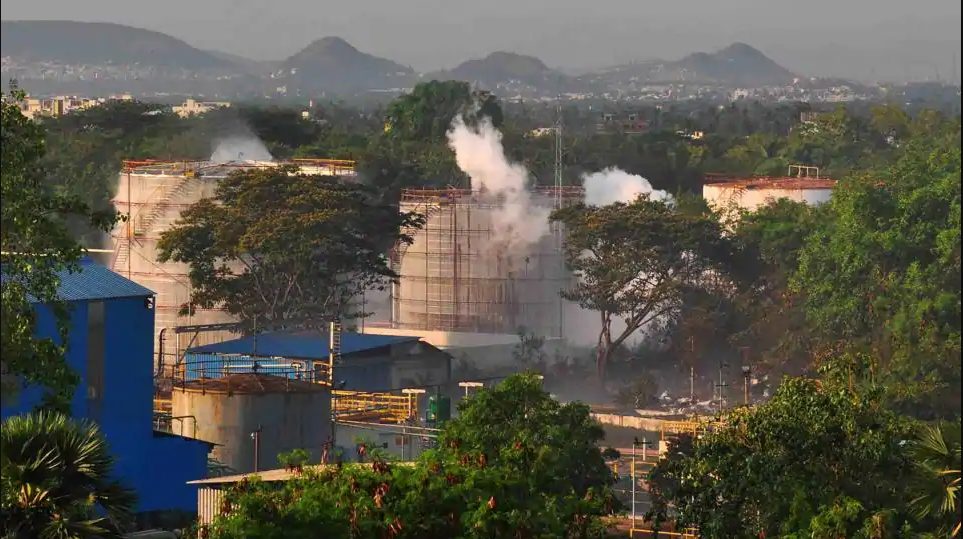The following is a statement from David Azoulay, the Director of Environmental Health at the Center for International Environmental Law.
“Last night’s styrene gas leak in Visakhapatnam exposed thousands of individuals to a deadly asphyxiant—-the total number of people affected will not be known for some time.
Early reports indicate that the LG Polymer plant was in the early stages of preparing to reopen after a nationwide lockdown was imposed, but that the facility was not following proper protocols.
The Visakhapatnam gas leak echoes the 1984 Bhopal disaster and raises a similar cause for concern. In Bhopal, communities are still feeling the effects of the gas leak over 35 years later. Styrene’s toxic effects are well known, and the possible long-term impacts of inhaling styrene require that those living in the immediate vicinity of the leak will need continued monitoring in the decades ahead.
Similar facilities for styrene and polystyrene production exist in Houston, Texas, St. James Parish, Louisiana, Antwerp, Belgium, as well as in China, Thailand, India, Mexico, and dozens of locations around the world where similar communities may be impacted. Even with right-to-know laws in some places, surrounding communities only have limited information about the chemicals being processed in their midst and how they are being managed to ensure their safety and that of workers.
The news from Visakhapatnam comes at a time when petrochemical companies are aggressively lobbying governments to relax regulations and to grant legal immunity for disasters during the COVID-19 pandemic.
Accidental releases from plastic and petrochemical facilities, like the one we saw last night in Visakhapatnam, occur with shocking frequency and demonstrate why a comprehensive approach to regulating, monitoring, and enforcing strict safety codes is necessary for oil, gas, and petrochemical companies, even during a pandemic.”




